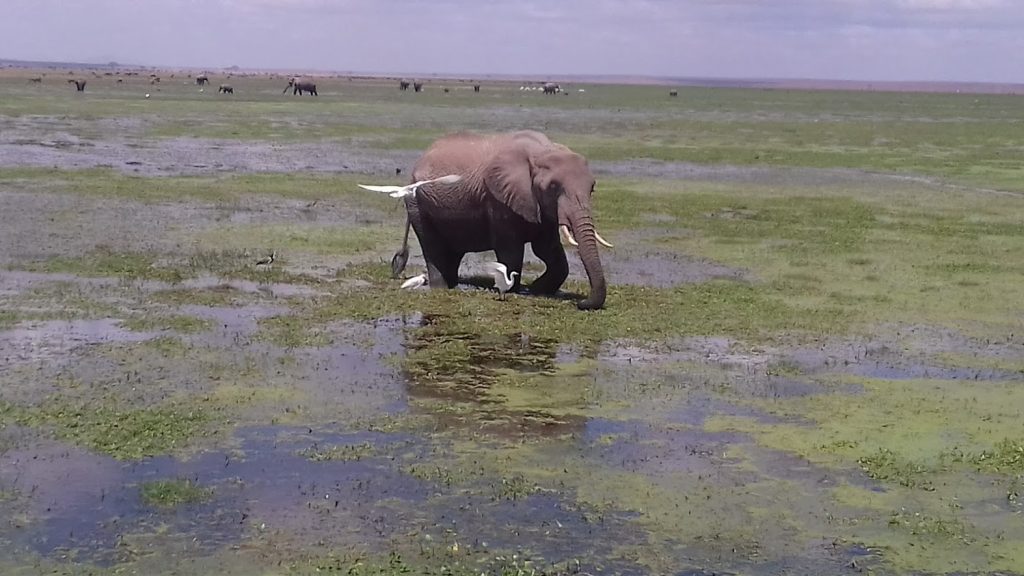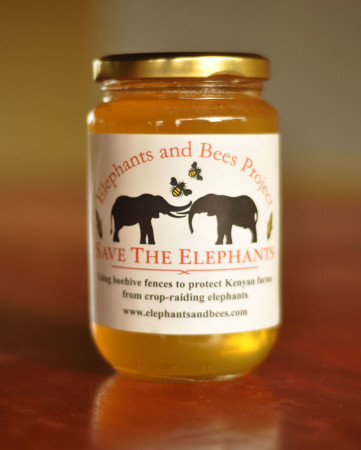I Bet You Didn’t Know This Fact About Elephants
I Bet You Didn’t Know This Fact About Elephants

Is it possible that the world’s largest land animal, with skin as tough as wrinkly leather, can actually be afraid of honey bees?
Despite the two-inch thick skin of a pachyderm, elephants are vulnerable in the sensitive, soft fleshy areas of their eyes, mouth, and trunk. Just the sight and sound of a swarming beehive, drives them crazy.
“Of course, a bee’s stinger can’t penetrate the thick hide of an elephant. But when bees swarm – and African bees swarm aggressively – hundreds of bees might sting an elephant in its most sensitive areas, the trunk, mouth and eyes. And they hurt.” Independent UK news.
The Elephants and Bees Project run by Save the Elephants, a nonprofit conservationist group, has proven extremely successful at protecting African elephants while helping the local human community for more than a decade. So why are elephants a threat to the local communities? The main reason is they love to raid the corn fields during the night, and farmers confronting elephants in the dark are often left with no choice but to throw stones and fire crackers or shoot bullets into the air to try to scare them away. This confrontation leads to heightened aggression and some elephants will charge and attack. These negative incidents often lead to terrible injuries or deaths of both people and elephants.
Dr. Lucy King heads a team of conservationists working on The Elephants and Bees Project; a project to alleviate the human-elephant conflict in Kenya. Conservationists from Save the Elephants, the Disney Conservation Fund, and local Samburu tribesmen in northern Kenya noticed a patch of trees destroyed by elephants; all except for one. That single tree had a bee hive in it. So in order to be certain that elephants are scared of bees, the conservationists placed sound recordings of bees close to the elephants, and microphones to record the rumbling sounds of the elephants. They wanted to check if elephants actually communicate with one another when they hear bees. Almost immediately, the elephants started shaking their heads and making a unique rumbling sound to ward off other elephants.
“Thanks to this discovery, Save the Elephants, now builds wire and beehive fences at a cost of about $975 for a one-acre farm – roughly one-fifth the cost of an electrified fence,” King says. Over a course of three years, beehive fences have stopped 80% of elephants from entering farms. Not only does the farm get protection against elephants, but they also get a modest new source of income from a twice-a-year honey harvest. This honey is sold in Kenya, and you can help support Save the Elephants, by going on a Safari in Kenya.

Special honey made from the “Elephant and Bees Project” in Kenya.

